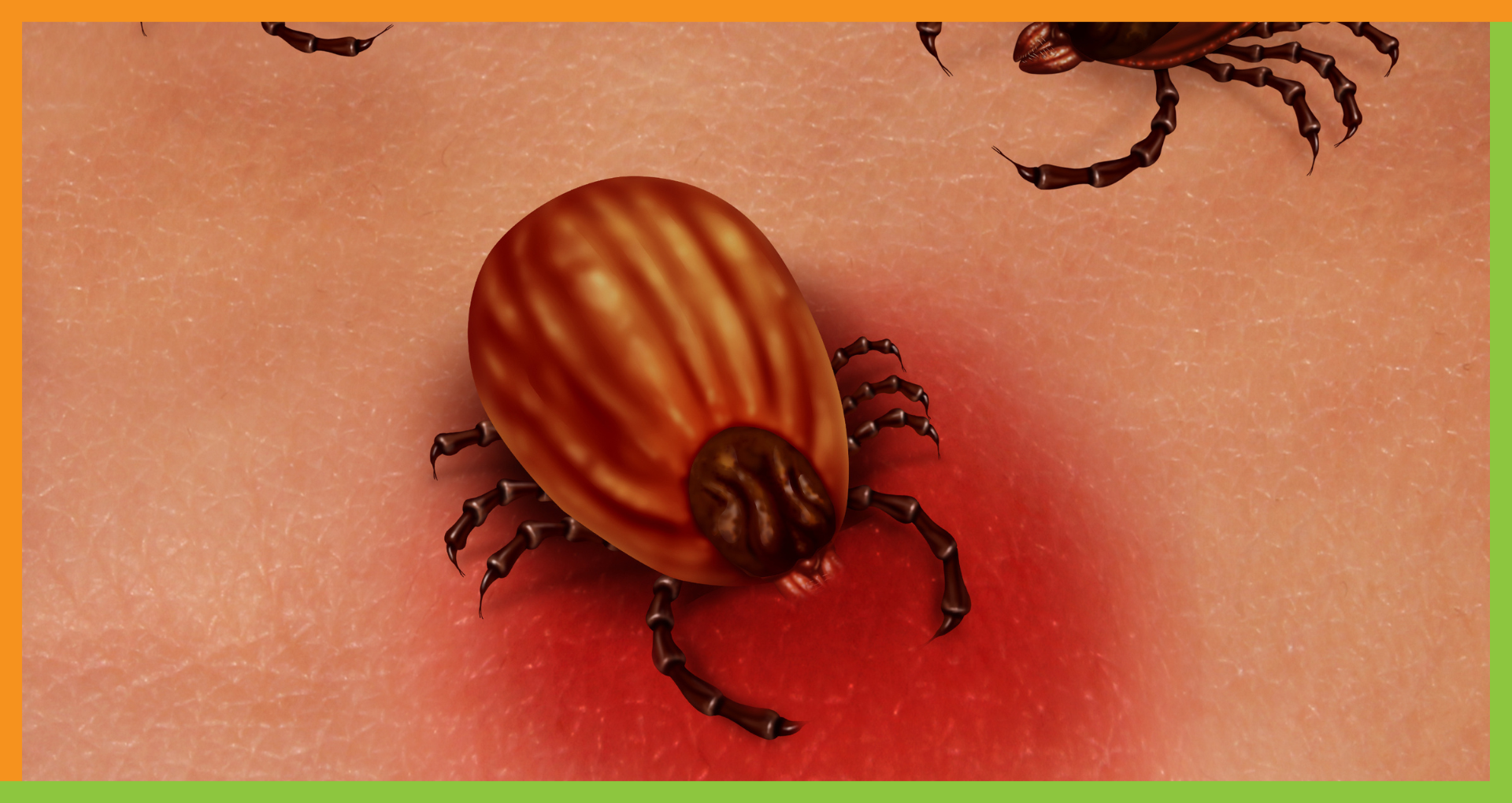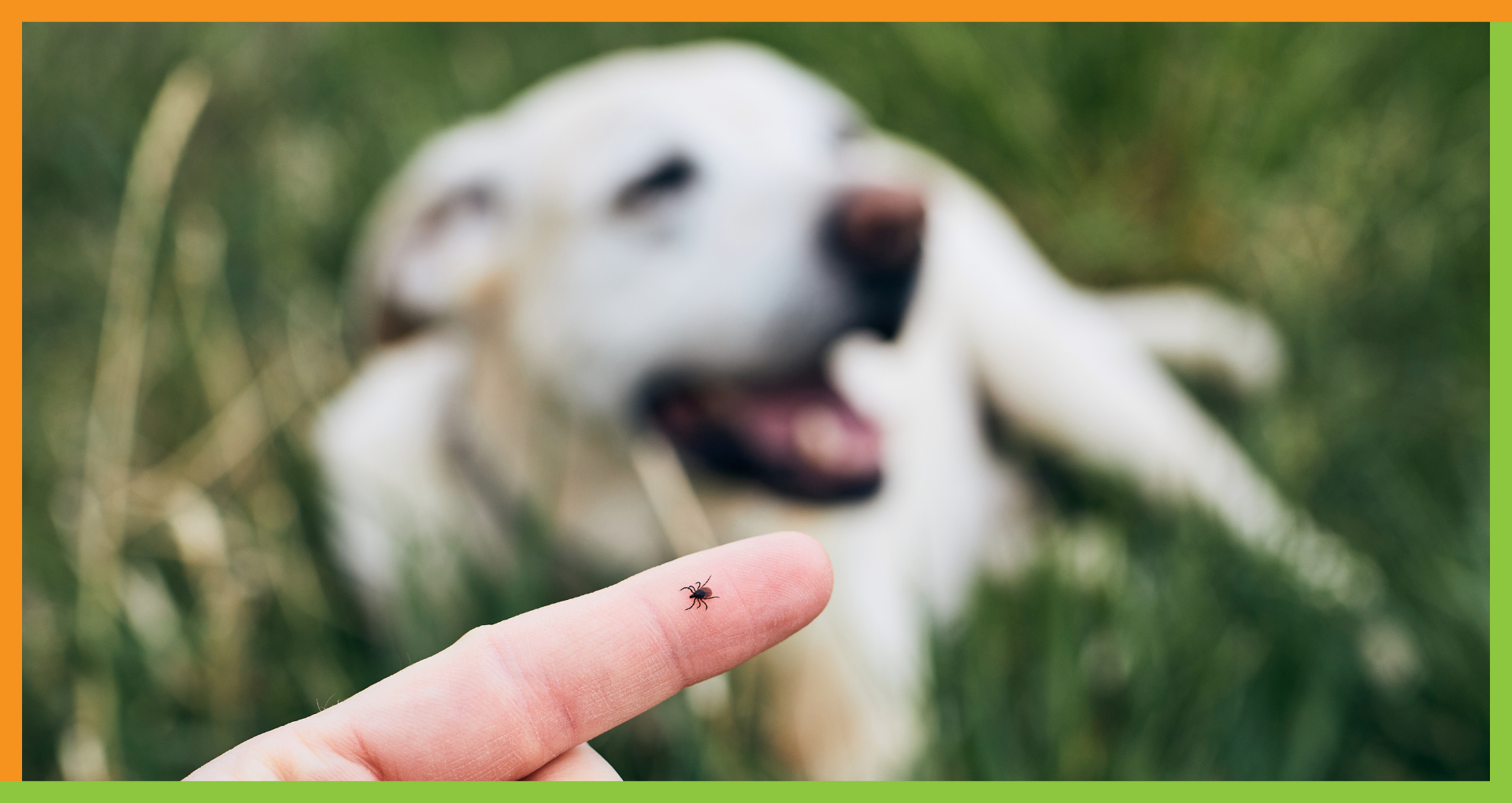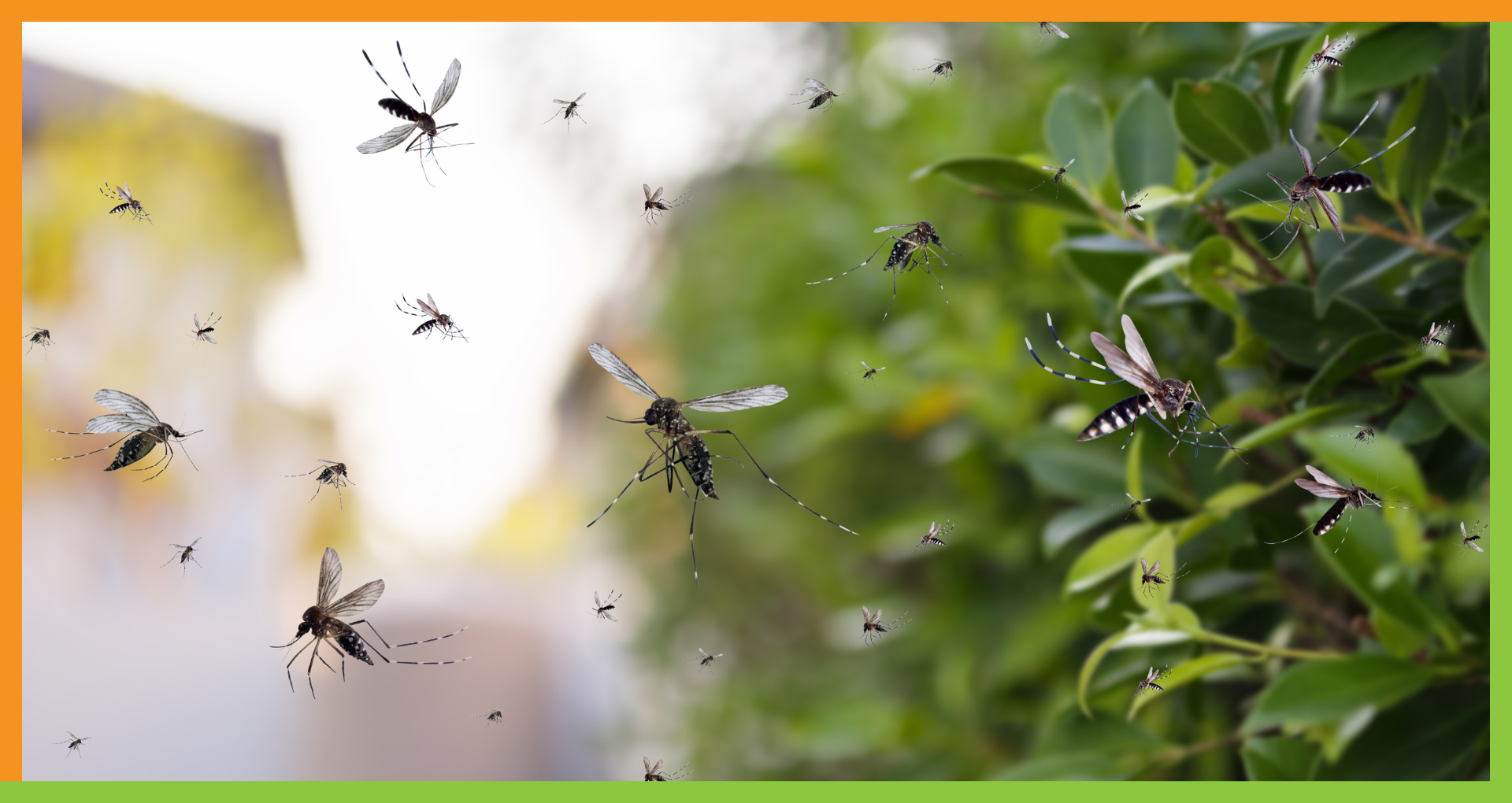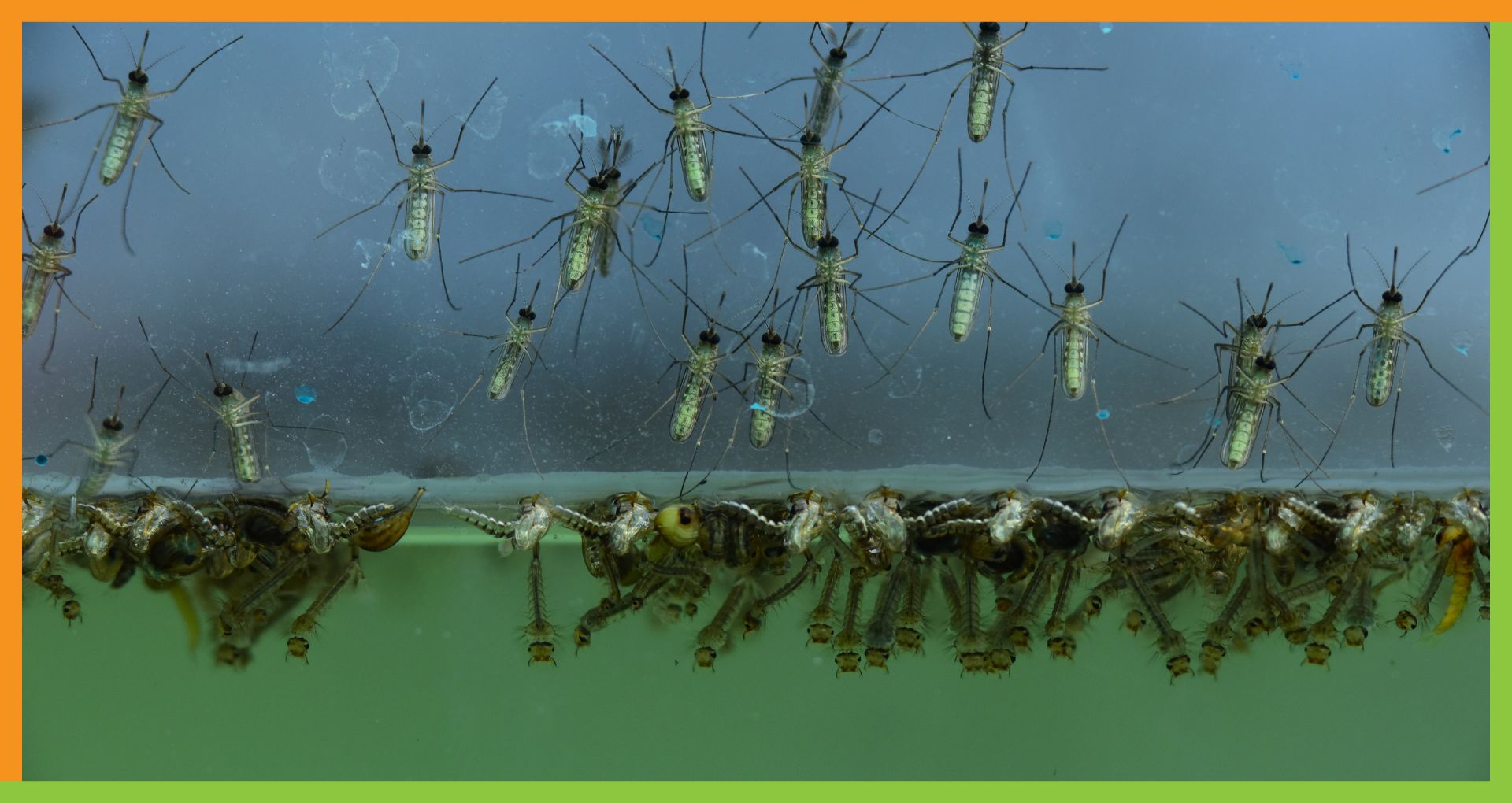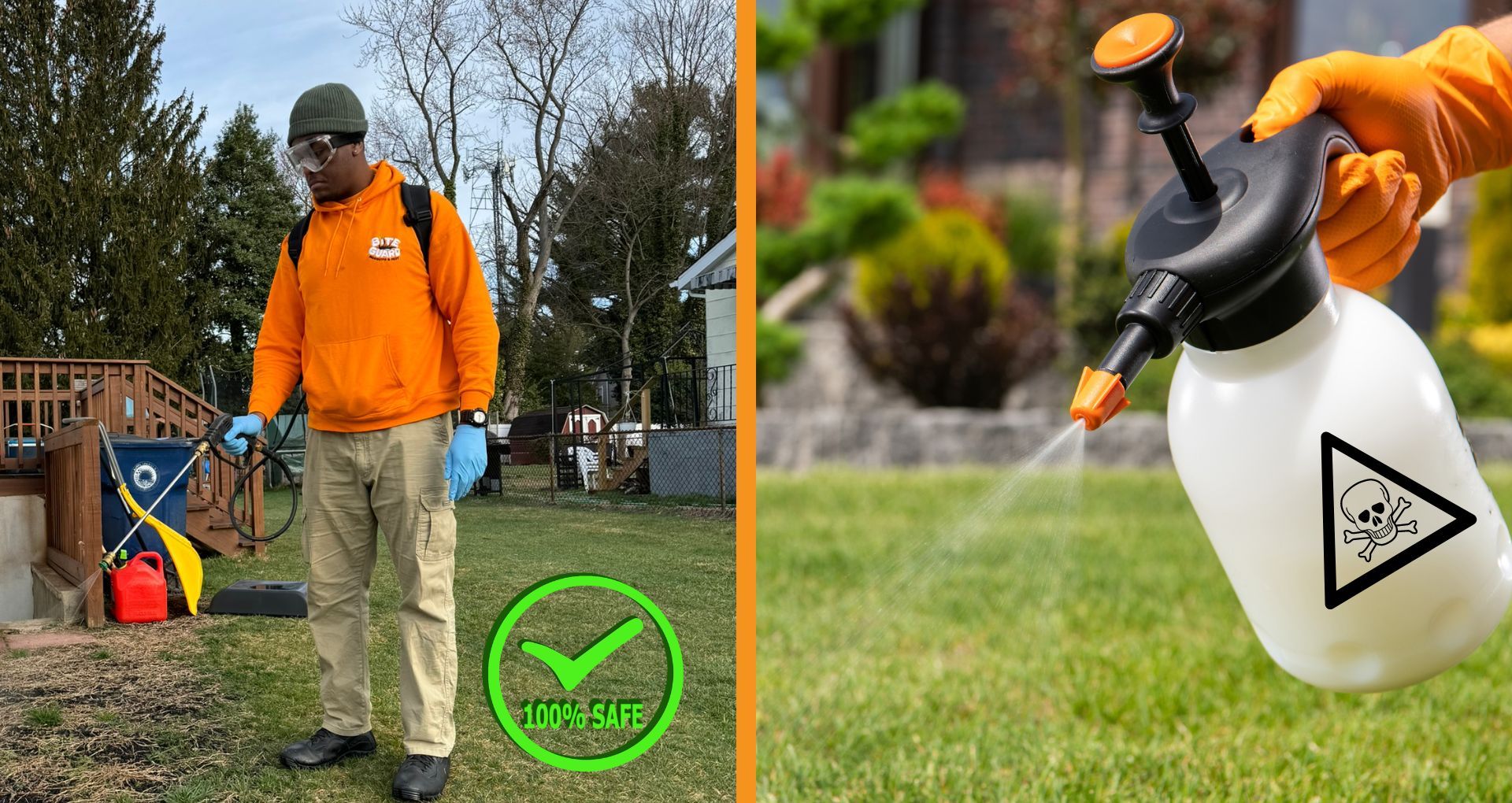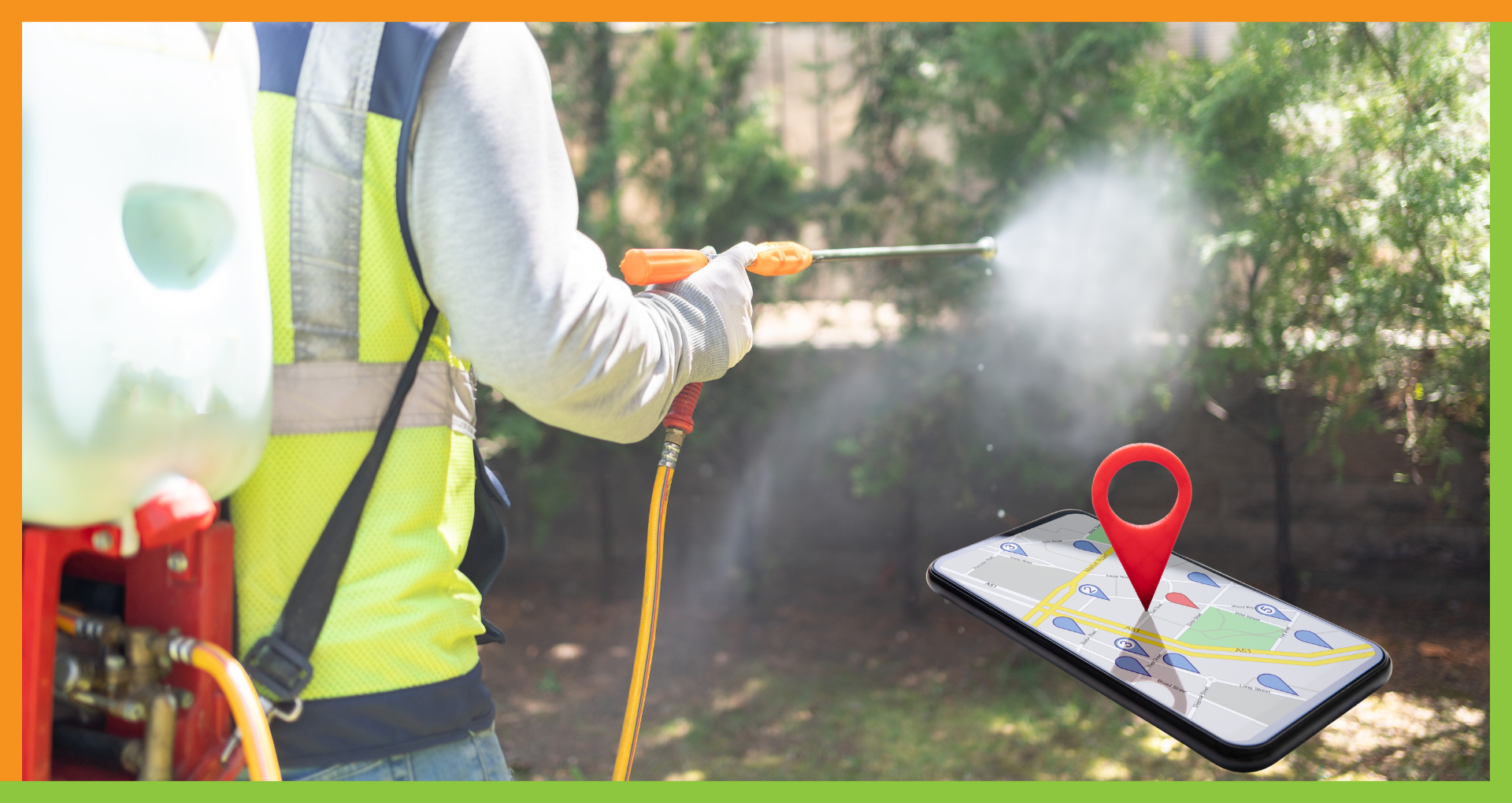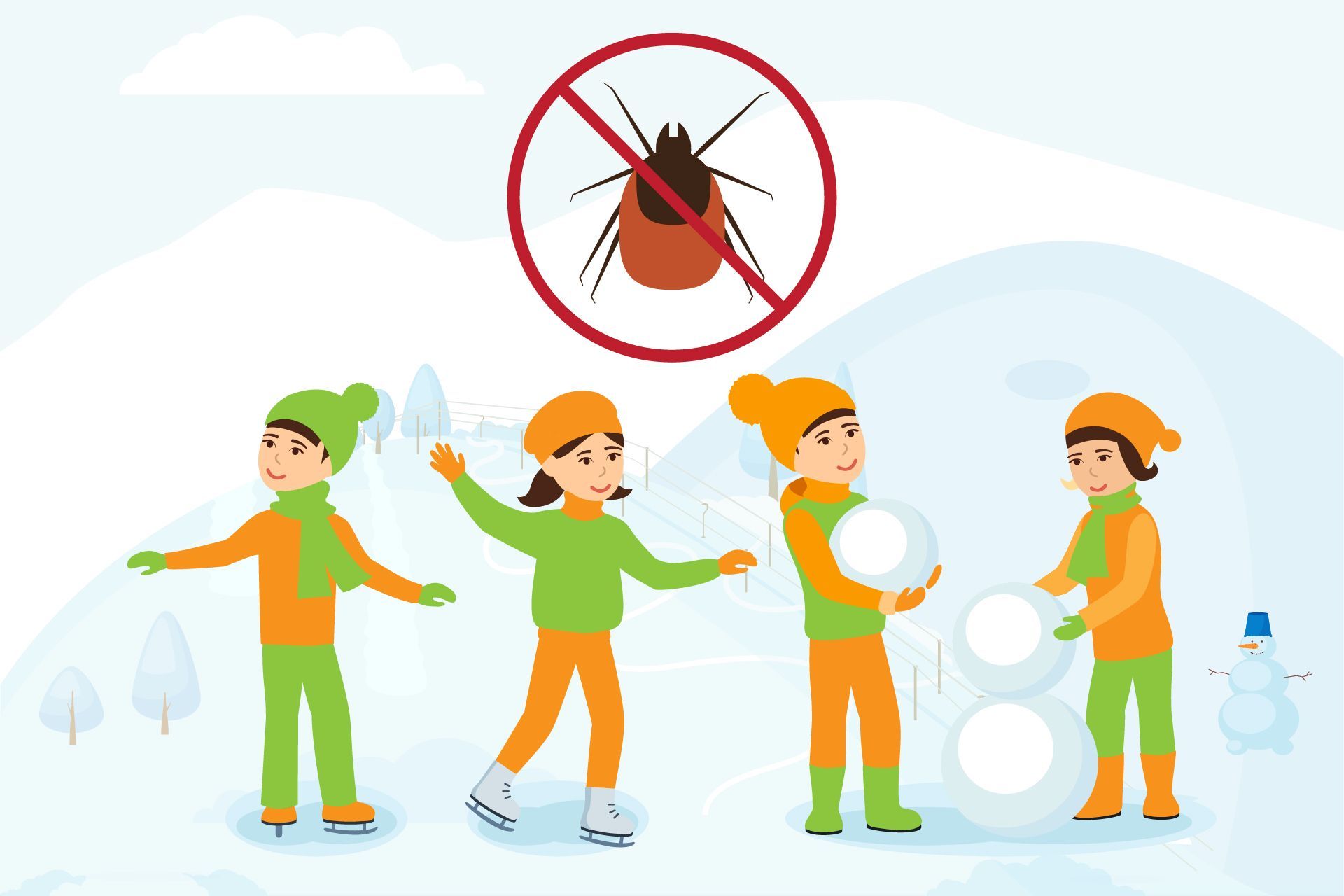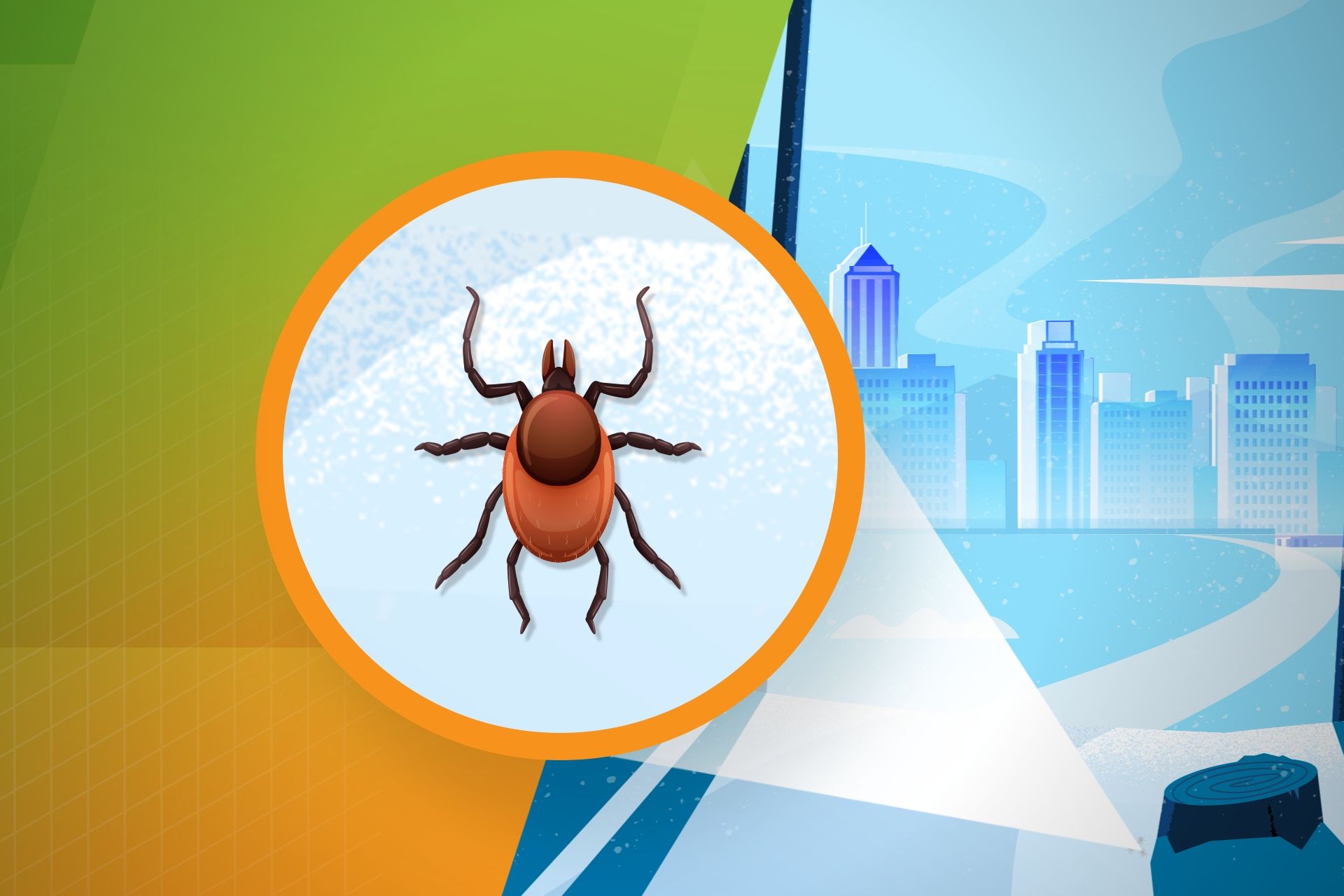Spring Cleaning Tips for a Pest-Free Home: Embrace the Season Change
As winter thaws into spring, seize the opportunity for a comprehensive cleaning that will ward off pests and welcome a refreshing atmosphere into your home. From the shadowed corners of your garage to the sunlit expanse of your yard, embark on a meticulous journey of decluttering and sanitizing. Here's your enhanced guide to a spring cleaning that cultivates a haven free from unwelcome critters:
Decluttering: The Foundation of Pest Control
Reclaim Hidden Spaces: Start with the garage, attic, and basement. These areas are hotspots for clutter which, in turn, attract pests. Methodically sort through items, donating what you no longer need. Use sturdy, airtight containers for storage to discourage rodents and insects from making themselves at home.
Outdoor Gear Scrutiny: Thoroughly examine your gardening tools, lawnmowers, and patio furniture. Clean them meticulously, paying attention to remove every bit of debris and soil, which can harbor pest eggs or provide sustenance for insects.
Harmony of Hygiene: Indoors and Out
Vigilant Cleaning Routines: Incorporate a daily cleaning routine that targets areas where food is prepared and consumed. Don’t overlook pet feeding areas, and ensure crumbs and spills are promptly dealt with. Floors should be swept, vacuumed, and mopped regularly to eradicate any traces that might entice pests.
Fortify Your Fortress: Investigate every inch of your home’s exterior and interior for any openings. Even the smallest crack can be a gateway for pests. Use high-quality sealants to close off these vulnerabilities, maintaining the integrity of your pest defenses.
Water Management: Check your plumbing for any signs of moisture leakage. Remember, pests seek out water. Redirect your gutters to channel water away from your foundation, preserving the dryness and integrity of your home’s base.
Gardening and Yard Vigilance
Strategic Landscaping: Be diligent with your yard maintenance. Dispose of leaf piles and trim any overgrowth, especially near the house, as these can be hiding places or bridges for pests seeking entry.
Prudent Pruning: Keep the vegetation around your home well-manicured. Ensure no branches or shrubs create natural bridges to your home, inviting squirrels or insects directly onto your structure.
Leisure Equipment Care: Regularly clean and examine outdoor leisure equipment. Pests often nest in the crevices of barbecues or within the protected spaces of children’s play structures.
Proactive Measures for Sustained Prevention
Strategic Firewood Storage: Position your firewood stack at a distance from your home and elevate it to prevent termites and ants from establishing colonies close to your walls.
Barrier Enhancements: Equip your doors with sweeps to block the tiny gaps underneath—a favored entry point for many insects.
Scheduled Pest Audits: Engage with pest control professionals for periodic inspections. Their expertise can catch infestations early and offer solutions before issues escalate.
In embracing these spring cleaning strategies, you solidify your home's defense against pests. The result? A serene and healthful environment that you and your family can relish with the full bloom of the season.
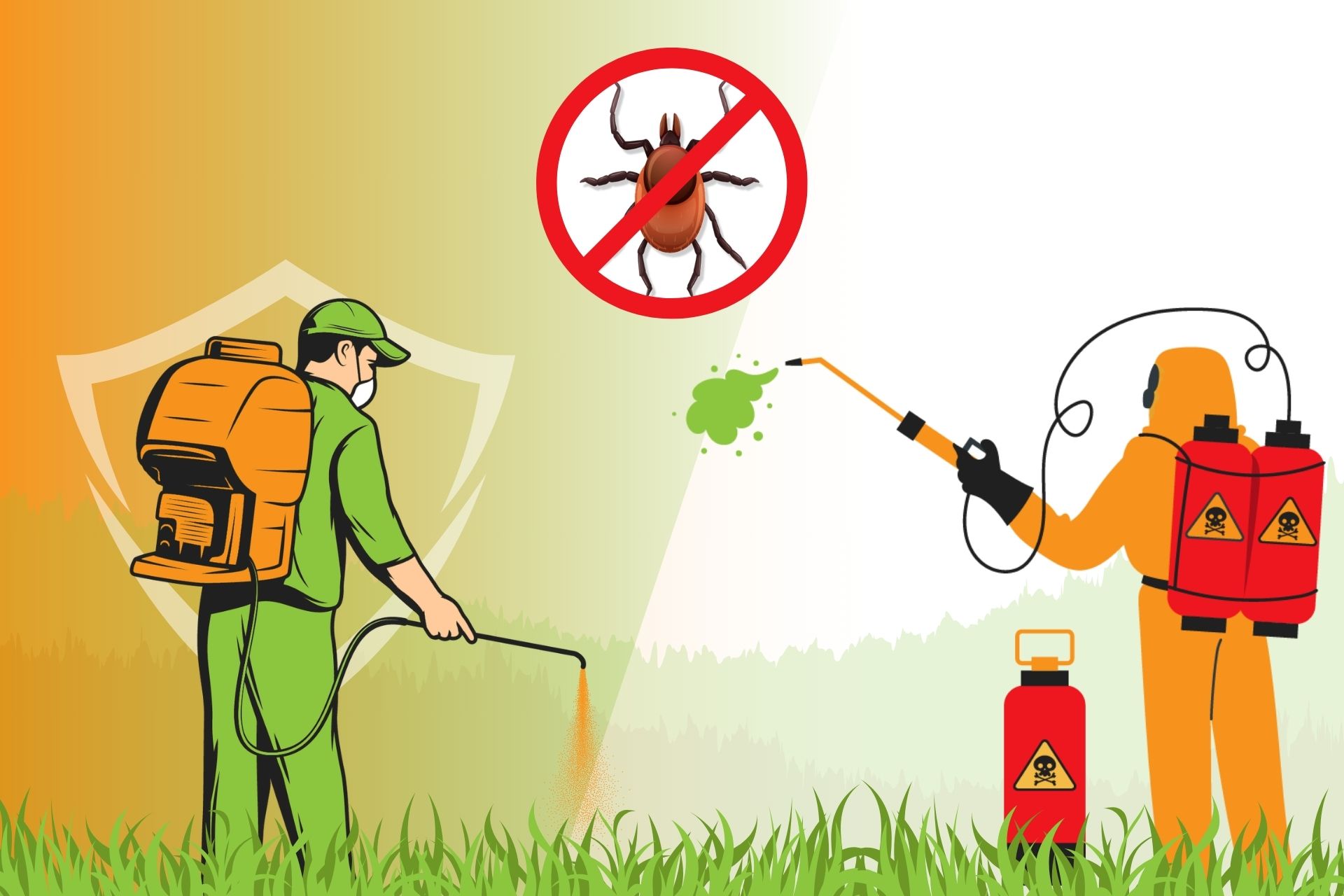
626 Park Road, #5
Cherry Hill, NJ 08034
130 Hickman Road, Ste 11
Claymont, DE 19703
1-833-924-7378
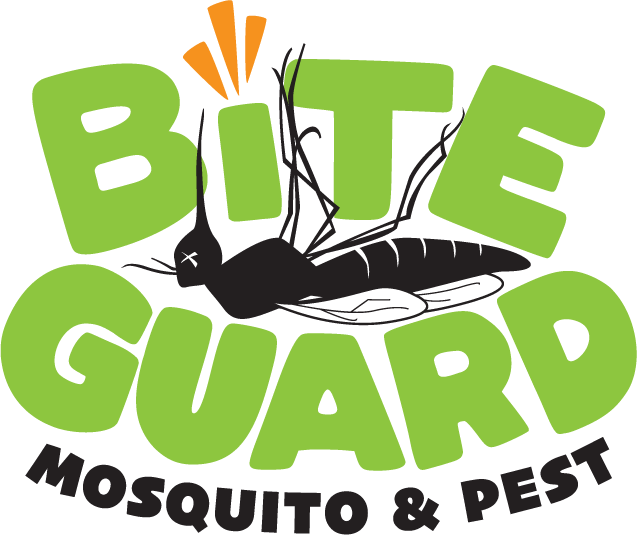
626 Park Road, #5
Cherry Hill, NJ 08034
130 Hickman Road, Ste 11
Claymont, DE 19703
1-833-9-BGPEST
1-833-924-7378
All Rights Reserved | Bite Guard Mosquito & Pest
